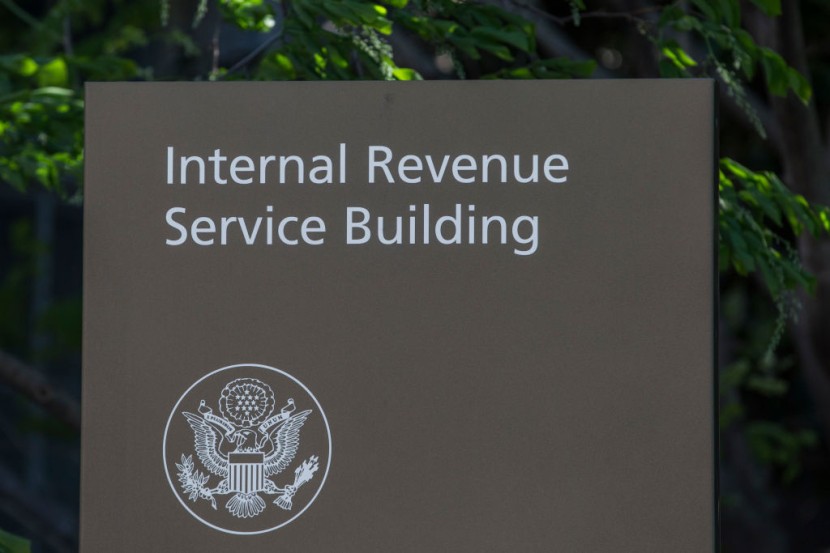Americans who resell tickets now have to face the new regulation of the Internal Revenue Service (IRS).
If you are among those who usually resell concerts, sporting events, and other kinds of tickets, here's why the new IRS rule should concern you.
Why Americans Should Worry About IRS' New Ticket Reselling Rule

When concerts, sports, and other events require tickets, many U.S. residents tend to purchase lots of tickets to resell them to earn more money.
Meanwhile, other Americans have a change of plan, enabling them to attend these paid events. No matter what their reason is, they now have to follow the new IRS regulation.
Recently, the IRS only required Ticketmaster, StubHub, and other ticketing websites to provide information about resellers' earnings if their sales reached $20,000.
But, Fox News reported that the latest regulation decreased this earnings threshold to $600. This means that ticketing companies need to disclose the proceeds of their resellers once they reach the new threshold.
This IRS rule requires these firms to do this in 2023. Aside from this, ticketing companies must send 1099-K forms regardless of whether they earned a profit.
Meanwhile, the federal agency clarified that ticket resellers only need to settle their taxes if they profit by selling tickets for more than they paid.
To simplify this, Americans who only sell their tickets for their original prices are no longer required to pay additional taxes.
New IRS Regulation's Other Details

Gizmodo reported that the latest IRS rule is a part of the American Rescue Plan Act, which is the initiative of the Biden Administration to reign in ticket sales.
This regulation was already introduced recently. The IRS originally planned to impose the new rule for the 2022 tax year.
Unfortunately, it was delayed since the Internal Revenue Service needed time to implement the necessary changes. As of writing, U.S. Congress lawmakers said they want to see further adjustments in the rule's new threshold.
However, they didn't confirm if the changes they plan to make will happen before the filing season for the 2023 tax season.
Some experts said the Small Business Jobs Act could restore the original $20,000 threshold in ticket reselling revenues. However, Congress might not allow this since the legislation could drastically reduce federal revenue by over $9 billion over a decade.
"I cannot opine on the wisdom or the preference of a particular policy outcome, but I will share that a change in the threshold would be easier to administer, and so at my seat of the table, I'd say the IRS would have an easier time of administering it," explained IRS Commissioner Daniel Werfel.
© 2025 HNGN, All rights reserved. Do not reproduce without permission.








